On the afternoon of November 11, Group 5, including the National Assembly delegations of Gia Lai and Thai Nguyen provinces, discussed in groups the draft Law amending and supplementing a number of articles of the Law on Citizen Reception, the Law on Complaints, the Law on Denunciations; the draft Law on Investment (amended); and the draft Law on Drug Prevention and Control (amended).
Narrowing down the scope of projects requiring investment policy approval - 4 need clear boundaries
Commenting on the draft Investment Law (amended), National Assembly Delegate Nguyen Thi Thuy ( Thai Nguyen ) said that the draft Law's fundamental narrowing of the scope of projects that must be approved in principle is the right direction in line with the Party's requirements.

National Assembly Delegate Nguyen Thi Thuy (Thai Nguyen) speaks
Specifically, the draft Law stipulates that investment policy approval procedures will only be carried out for infrastructure projects in important and sensitive fields, such as seaports, airports, telecommunications, publishing, press, betting business, casinos, nuclear power, etc.; along with projects that use land, forest land, sea areas or projects that pose a risk of major impacts on the environment, national defense and security.
Regarding the draft Law removing the entire authority of the National Assembly in approving investment policies, delegate Nguyen Thi Thuy said that in reality, many draft Laws submitted to the National Assembly at this Session still have some contents, programs, and projects that still stipulate the National Assembly's approval of investment policies.
"We propose that the drafting agency, during the discussion session at the Hall, report further to the National Assembly Deputies on the issue of removing the entire authority of the National Assembly in approving investment policies so that the National Assembly has more information," the delegate proposed.
According to National Assembly Deputy Nguyen Lam Thanh (Thai Nguyen), the removal of the investment policy approval procedure (except for projects subject to investment policy approval as stipulated in Article 25 of the draft Law - PV) is necessary, but there needs to be a clear classification between project groups. For large-scale projects with complex impacts, the investment policy approval procedure is still needed as a basis for building related documents.

National Assembly Deputy Nguyen Lam Thanh (Thai Nguyen) speaks
Delegate Nguyen Lam Thanh pointed out that the current problem does not lie in the principle of this procedure, but in the overlapping and time-consuming processes and procedures. In fact, many investment policy approval applications are prepared almost at the same time as feasibility reports and technical designs, causing these two steps to overlap and prolong the progress.
“For complex projects with great impact, the investment policy approval process should still be maintained, but the documents need to be streamlined to avoid being cumbersome,” the delegate emphasized.
It is necessary to clarify the concepts of "business investment" and "conditional business investment".
Clause 9, Article 3 stipulates: “Investment and business conditions are conditions that individuals and organizations must meet when carrying out investment and business activities in conditional investment and business sectors and professions.”

Overview of the discussion session. Photo: Lam Hien
Delegate Nguyen Lam Thanh said that such an expression is not complete, because it can lead to the understanding that normal business investment activities do not have clear content.
The delegate pointed out that there is currently a situation where businesses are registering for business everywhere, even with only a few people and insufficient facilities, but they register dozens of fields of operation. Some cases take advantage of this to establish "ghost" businesses, in order to profit and get VAT refunds.
From that reality, delegate Nguyen Lam Thanh proposed to revise the regulation in the direction: "Investment and business conditions are conditions that individuals and organizations must meet when carrying out investment and business activities in the registered investment and business sectors and professions".
The delegate emphasized that the concepts of “business investment” and “conditional business investment” are different, so the draft Law needs to clarify the content of each concept to ensure accuracy and transparency in law application.
Proposal to halve the threshold for immigration and resettlement within the investment approval authority
According to Article 26 of the draft Law, the Prime Minister is assigned the authority to approve investment policies for projects requiring migration and resettlement of 20,000 or more people in mountainous areas and 50,000 or more people in other regions.
Commenting on this content, National Assembly Deputy Nguyen Lam Thanh said that such a population size is too large, in reality it is very rare, even almost no project reaches this level, meaning that most of the authority will be transferred to the Provincial People's Committee.

Delegates at Group 5
The delegate cited: "Even the Long Thanh airport project only requires about 23,000 people to be relocated, but the National Assembly is still the decision-making body. Therefore, I propose to reduce the threshold for migration and resettlement by half."
Similarly, with the regulation that the Provincial People's Committee approves investment policies for projects requiring migration and resettlement of 10,000 or more people in mountainous areas and 20,000 or more people in other areas, delegates said that this number is too large and needs to be adjusted down by half to better suit the current implementation of projects.
Avoid "cleaning the nest to welcome the eagle", but "the way to the nest is not yet there"
National Assembly Deputy Le Kim Toan (Gia Lai) said that in reality, localities are currently calling for investment mainly through two forms: organizing investment promotion conferences and domestic and foreign promotion delegations. However, the implementation process still faces many obstacles due to overlaps in the legal system.

National Assembly Delegate Le Kim Toan (Gia Lai) speaks
The delegate gave an example: in the process of investment promotion, the locality introduces the project and signs a memorandum of understanding with the investor to study and explore investment opportunities. The locality often shows goodwill to support the project, but in reality, there are many projects that are in the list of projects that must be bid or auctioned, without designated investors, leading to confusion in implementation.
“This situation raises the question: how to resolve it in a way that both encourages investment and complies with legal regulations?” delegate Le Kim Toan raised the issue, and at the same time suggested that the Investment Law should be reviewed to ensure consistency in the legal system, avoiding the situation of “clearing the nest to welcome the eagle but there is no way to enter the nest”.
Source: https://daibieunhandan.vn/de-nghi-lam-ro-viec-bo-tham-quyen-cua-quoc-hoi-trong-chap-thuan-chu-truong-dau-tu-10395283.html



![[Photo] Highways passing through Dong Nai](https://vphoto.vietnam.vn/thumb/1200x675/vietnam/resource/IMAGE/2025/11/12/1762940149627_ndo_br_1-resize-5756-jpg.webp)
![[Photo] Prime Minister Pham Minh Chinh attends a conference to review one year of deploying forces to participate in protecting security and order at the grassroots level.](https://vphoto.vietnam.vn/thumb/1200x675/vietnam/resource/IMAGE/2025/11/12/1762957553775_dsc-2379-jpg.webp)



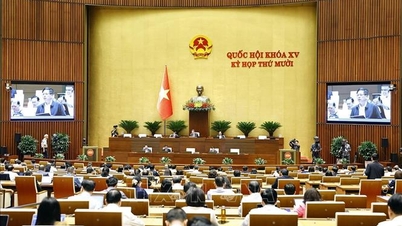

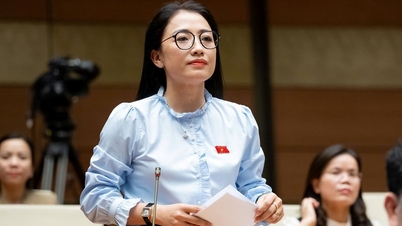

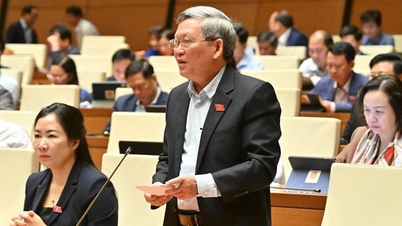



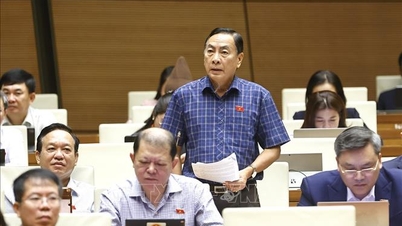

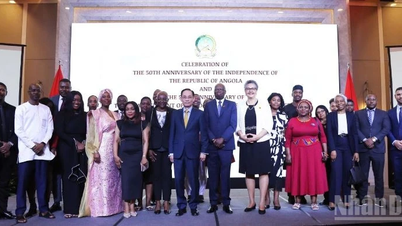





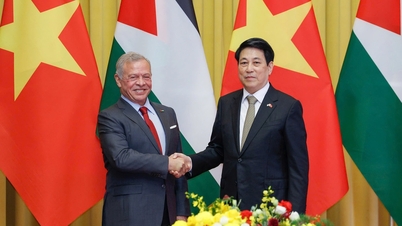
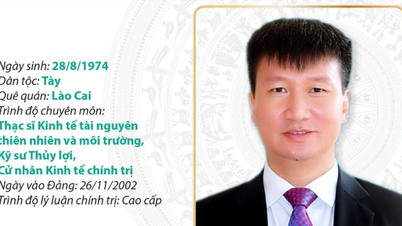

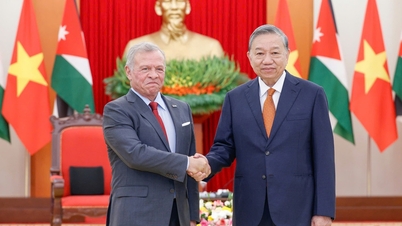




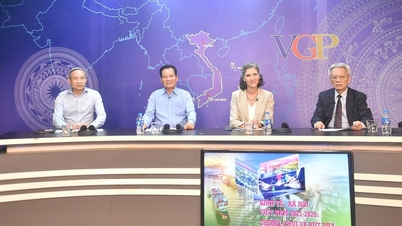
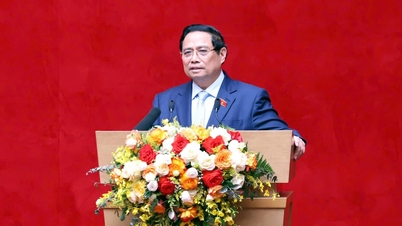

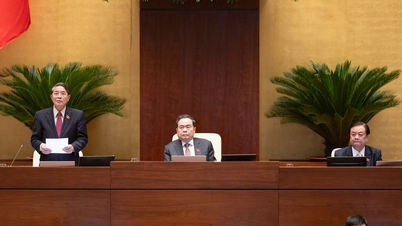
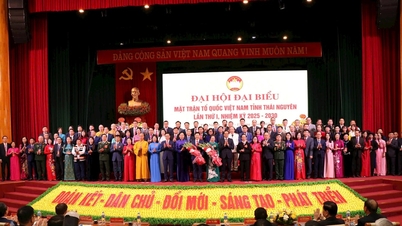
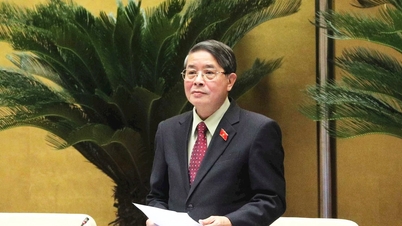














































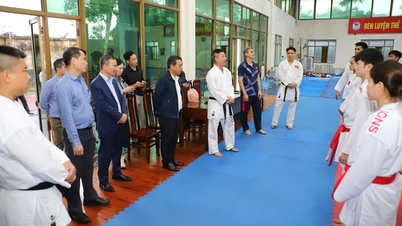




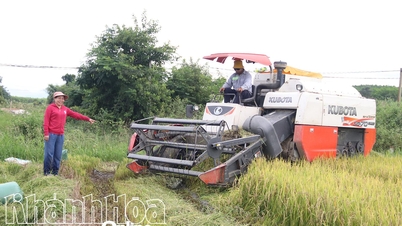



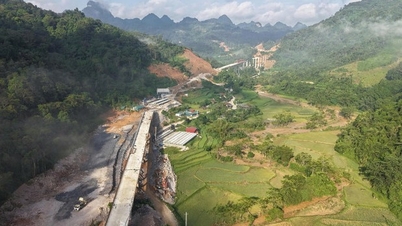
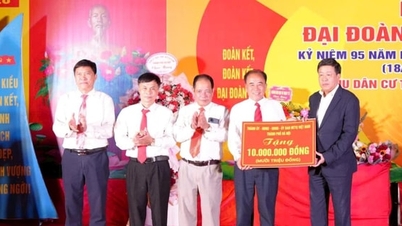

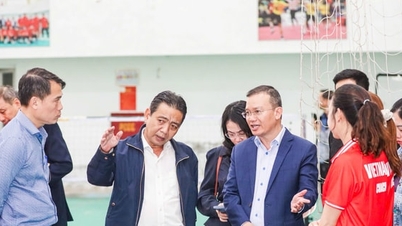






![Dong Nai OCOP transition: [Article 3] Linking tourism with OCOP product consumption](https://vphoto.vietnam.vn/thumb/402x226/vietnam/resource/IMAGE/2025/11/10/1762739199309_1324-2740-7_n-162543_981.jpeg)







Comment (0)